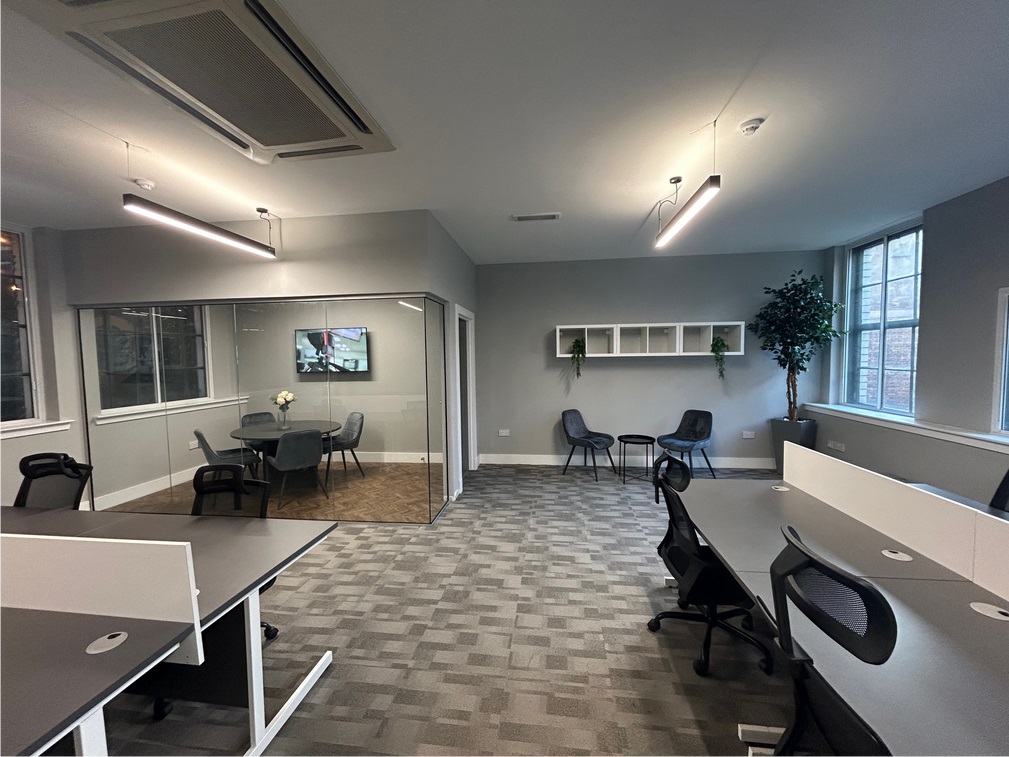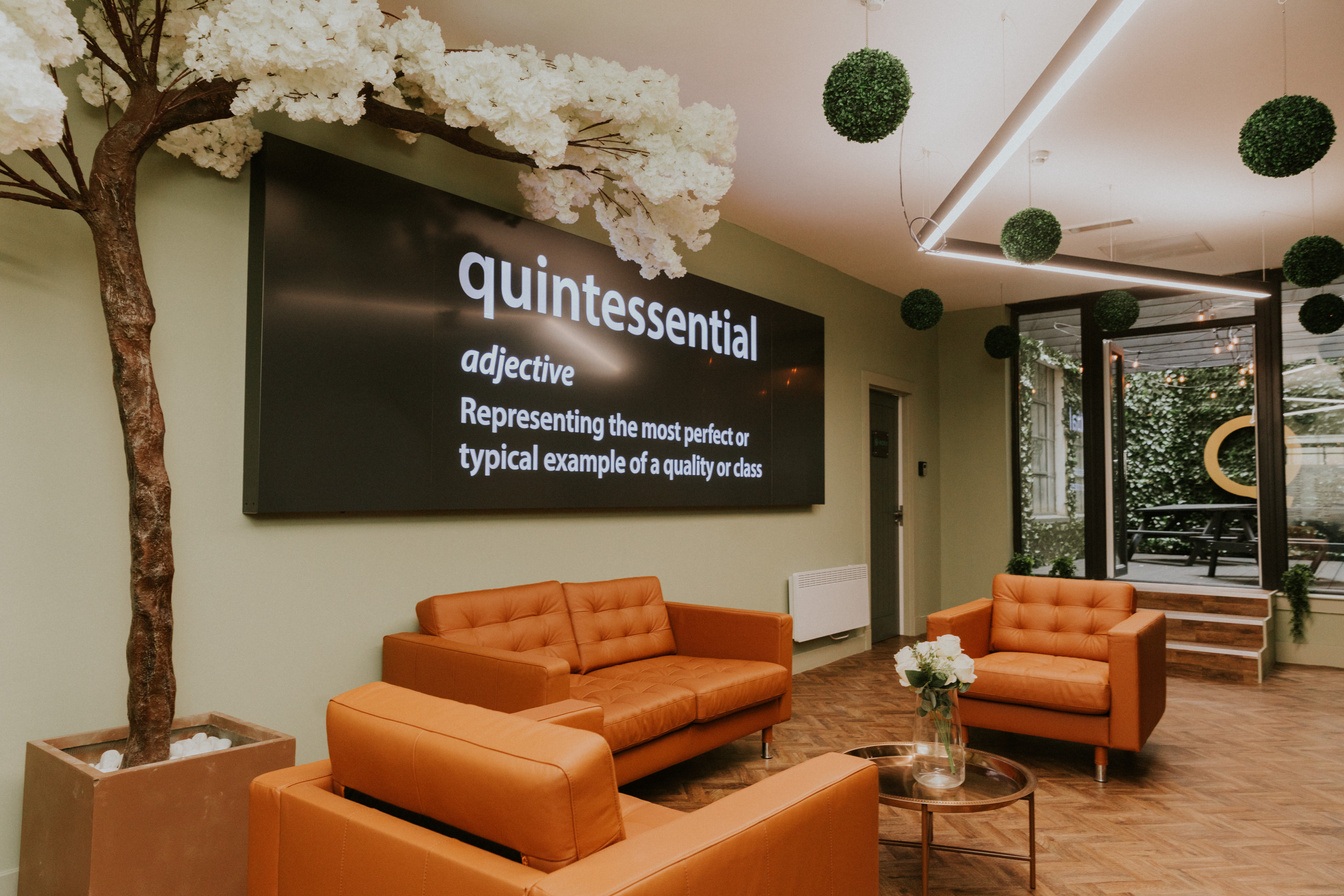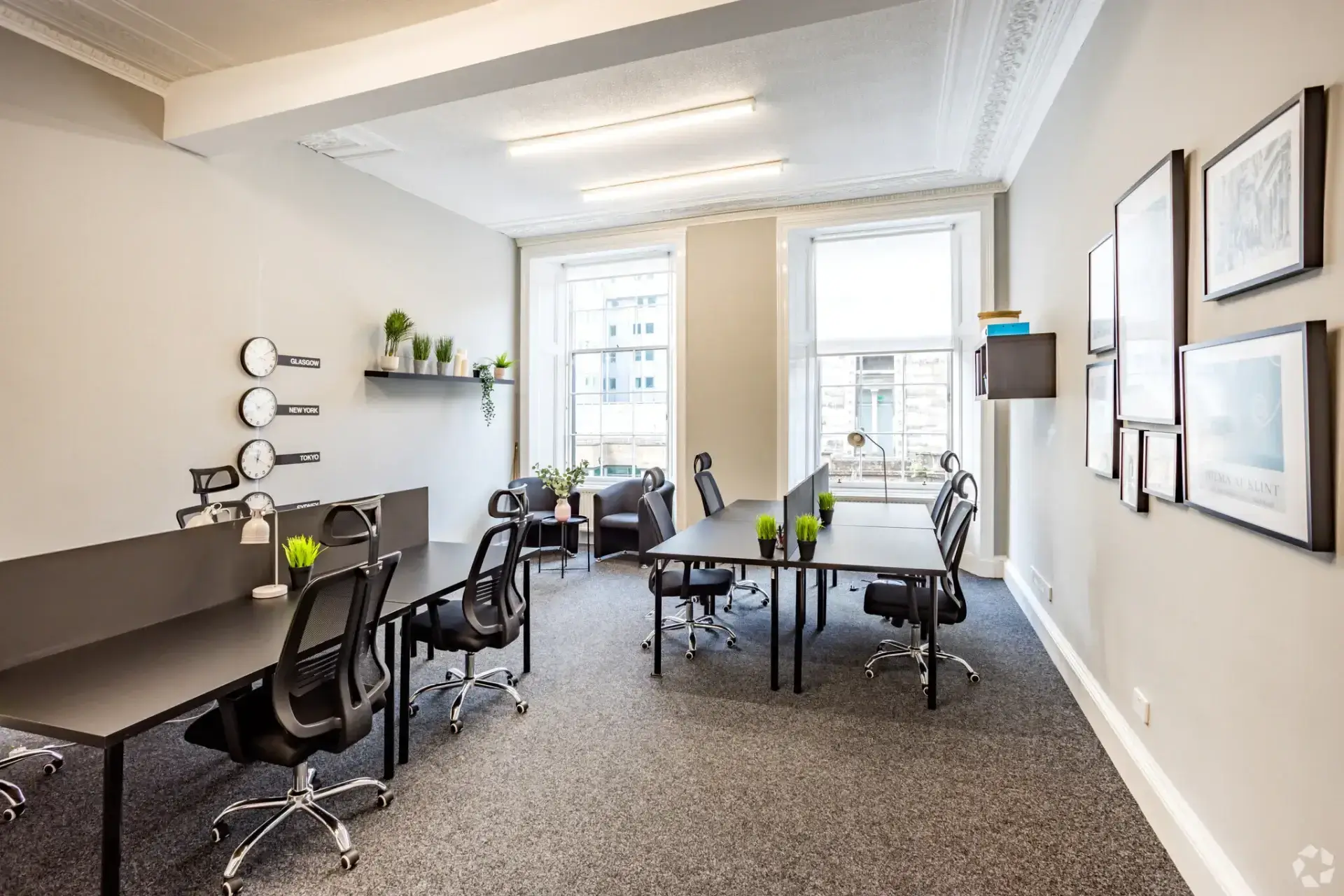Business as we know it is evolving—and fast. With hybrid work on the rise, shorter lease commitments gaining traction, and technology redefining how teams operate, flexible workspaces have stepped into the spotlight. These dynamic, on-demand environments are proving to be more than a passing trend. They’re quickly becoming a practical, strategic choice for companies seeking to stay nimble in an unpredictable world.
The New Normal: Hybrid Work Meets Flexibility

Hybrid work has shifted expectations for where and how people work. As staff split time between home and office, companies are rethinking traditional, long-term leases that no longer serve changing needs. Flexible workspaces offer a practical solution, accommodating fluctuating schedules and team sizes.
This level of adaptability is especially appealing to startups and SMEs, who may scale up or down rapidly. A fixed office setup simply can’t provide that level of agility without unnecessary cost. In contrast, a flexible arrangement means only paying for what’s needed—when it’s needed.
It’s not just about saving money. Businesses also gain peace of mind knowing their space can evolve alongside them, reducing stress and operational friction.
How Flexible Leases Empower Decision-Makers
Long-term commercial leases can be a heavy burden, especially in uncertain economic times. Flexible leases help business leaders stay lean and focused, removing the pressure of locking into lengthy agreements. This freedom allows for strategic planning based on performance, not predictions.
Decision-makers can experiment with different locations or workspace setups without committing for years. It’s an environment that encourages innovation, not stagnation. This is particularly useful for businesses entering new markets or testing regional teams.
Plus, with shorter lead times and simpler paperwork, the admin hassle is significantly reduced—freeing leaders to concentrate on growth and team dynamics.
Key Benefits of On-Demand Workspaces

Here are five compelling reasons why on-demand workspaces are fast becoming a core part of modern business operations:
1) Cost Efficiency
No need to overpay for space that’s underused. With on-demand models, you only pay for what you use, making it budget-friendly.
Businesses can reallocate saved funds to marketing, product development, or team-building activities. This lean approach also suits project-based work and freelancers.
2) Scalability
Whether you’re hiring or downsizing, workspace needs can change overnight. On-demand solutions scale easily with your team.
This makes them ideal for rapidly growing startups or businesses with seasonal staffing needs. It eliminates the headache of relocation or renegotiation.
3) Location Flexibility
Choose from multiple sites to meet client needs or employee preferences. Being close to where work happens matters.
It boosts client impressions and can improve work-life balance for team members. This location agility also supports networking and local partnerships.
4) Wellbeing and Morale
Employees enjoy well-designed, professional environments that feel different from home or coffee shops.
Access to amenities, natural light, and clear boundaries between work and life can elevate mood and productivity. It shows a company cares about employee experience.
5) Speed to Operate
Need a space next week? No problem. On-demand workspaces can be activated almost instantly.
This responsiveness is crucial for fast-moving industries and urgent project launches. It keeps momentum high and reduces operational downtime.
Employee Wellbeing in the Flexible Era
The days of grey cubicles and long commutes are fading fast. Employees today value environments that support their health, creativity, and personal lives. Flexible workspaces—especially those with high-quality amenities—are helping meet these needs.
Access to quiet zones, collaborative lounges, and wellness rooms makes a tangible difference. Workers feel valued, and it shows in their output and loyalty. The ability to choose where and how to work also gives a sense of autonomy that’s often linked to higher job satisfaction.
When employees thrive, so does the business. A workspace that supports wellbeing is more than a perk—it’s a performance enhancer.
Flexibility Isn’t Just for Freelancers Anymore
Flexible workspaces have often been associated with freelancers and creatives. But that’s rapidly changing. Today, even large corporations are integrating flexible models into their operations.
From satellite teams to project-based departments, the demand for adaptable work environments is now enterprise-wide. Many companies are building hybrid systems that blend HQ offices with flex hubs across cities. This approach supports mobility, reduces overhead, and extends reach.
It also offers a recruitment advantage. Younger professionals are drawn to businesses with forward-thinking work cultures. A flexible workspace policy signals openness, trust, and innovation.
Use Cases: Who’s Benefiting from Flexibility?

Flexible workspaces cater to a wide range of users. Startups benefit from affordable, professional setups without the long-term risk. They can plug in and start working with little to no lead time.
Agencies and consultancies use flex spaces to meet with clients or run short-term projects. They gain access to a polished, brand-friendly environment that impresses without the cost of a full-time office.
Even large companies now rely on flexible workspaces for remote teams, client-facing roles, or specialist task forces. It gives them the presence they need—without the property headaches.
What to Look for in a Flexible Workspace Provider
Not all flexible workspaces are created equal. Businesses should look for providers that understand the needs of agile teams and professional operations. This means a mix of private offices, meeting rooms, breakout areas, and top-tier connectivity.
Support services also matter—think reception staff, mail handling, and on-site management. These features add polish and reliability to day-to-day operations. It’s the difference between a casual coworking spot and a true business hub.
Quintessential Offices, for example, offers a curated range of workspace solutions tailored to professionals, startups, and growing teams. With a focus on service and flexibility, they make it easy to stay productive and agile.
Summary
As the way we work continues to evolve, so too must the spaces we work in. Flexible workspaces offer the responsiveness, convenience, and performance benefits that today’s businesses need. They support hybrid teams, improve employee wellbeing, and allow companies to stay lean and competitive.
Now more than ever, agility is the name of the game. And flexible workspaces are proving to be the smart, scalable solution. If your business is ready to embrace the future of work, contact Quintessential Offices to explore tailored workspace options that match your needs and mindset.






